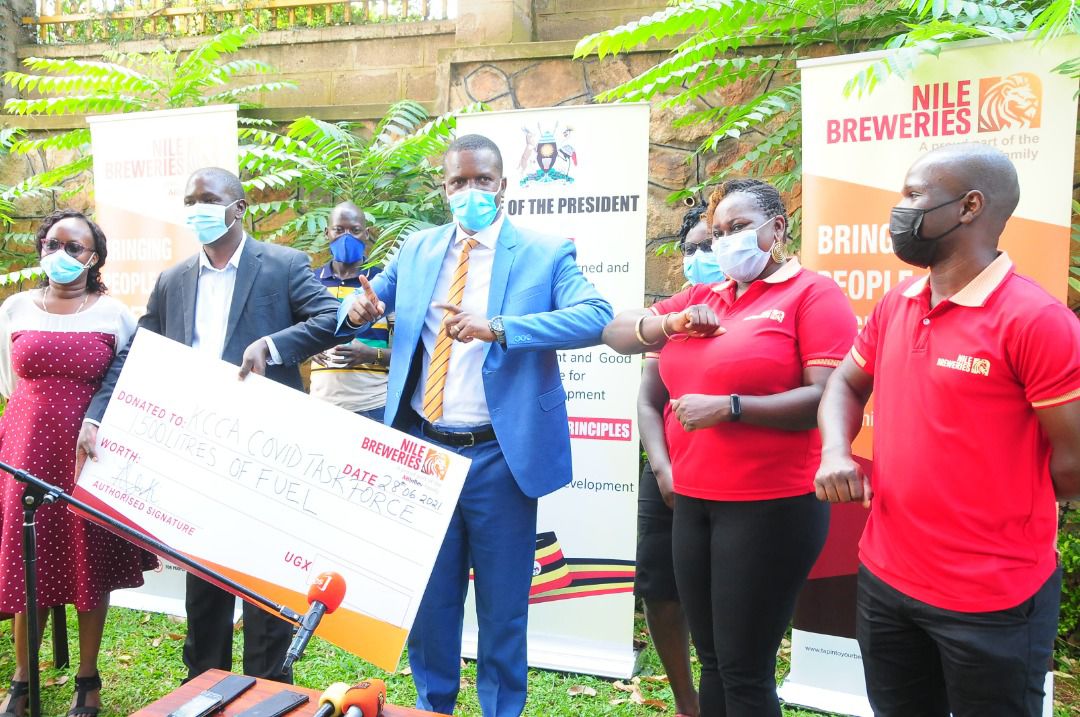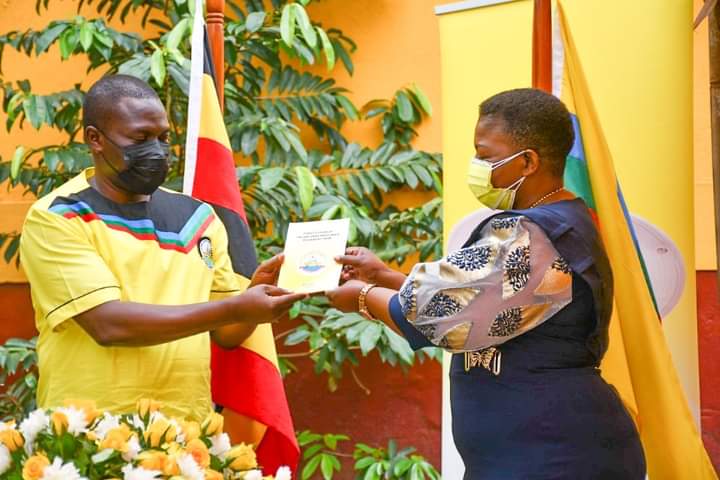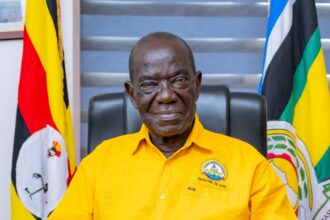It’s now nearly two weeks since the announcement of a mobile money based COVID-19 relief assistance was made by the Office of the Prime Minister and the public anxiety seems to have reached boiling point.
New Prime Minister Robinah Nabbanja announced that unlike her predecessor Dr Ruhakana Rugunda who directed last year’s relief intervention in kind, hers this time round would be directly disbursed through Mobile money accounts of the individual beneficiaries.
The announcement which as expected drew mixed reactions from the public has remained largely ambiguous. Below are some of the biggest concerns to reflect on as you patiently wait for the good news text message from PM Nabbanja;
1. The identification of the actual vulnerable beneficiaries
The project is planned to reach out to about 510,000 households from the Kampala Metropolitan area.
Whereas the various categories to be considered under the new arrangement have been spelt out, concerns over lack of a national database of Ugandans and their respective jobs leaves lots of questions unanswered.
Bar tenders, sauna and massage parlours, waiters and waitresses, bus and taxi operators, barbershop operators, teachers, both on government and private sectors, to mention but a few, are some of the categories earmarked under the Nabbanja relief strategy.
2. The possibility of double dealing
Incidentally, finding one tax operator owning a barbershop or a teacher whose wife is operating a saloon is not a rare occurrence in Kampala. This however raises questions on how the possibility of double beneficiaries in a particular household will be mitigated.
3. Those without mobile phones
When we talk about the vulnerable, we are talking about people who are financially incapacitated. In this category, we find those who can’t be able to meet phone bills and thus opt to keep out of using phones. This thus backs a general concern that won’t those legitimately vulnerable miss out on the package for merely having no phones? Someone must answer that.
4. The time frame
Ever since the new measures were announced to curb the surge in virus infections , it’s four weeks. This implies that negative impact of the situation upon the people’s pockets have started to bite hard. Ever since the relief arrangement was announced, it’s been nearly two weeks of very painful patience by the population. Isn’t this taking way too long to come through? Think.
5.Your phone number registered using someone else’s National ID?
This could be time for you to shed tears. With more than 40% of the entire population not registered for their National IDs according to the data provided by the National Indendification and Registration Authority [NIRA], more than half of the mobile users are believed to have sought the assistance of someone else to register their Sim cards when government made it mandatory in 2017. This makes the possibility of Nabbanja sending the relief money to a wrong recipient highly likely. Are you safe?
6.What happens to the money which fails to reach the intended recipient when their phone numbers can’t be reached?
With the economic strife at hand, this is not a completely unlikely situation. Someone either sold their phone already to buy food, or their power was disconnected for failure to pay the bill. And the money has already been released. Can it be sent back and accounted for?
7.Who is vulnerable and who is not?
This has been the biggest question regarding the bailout program since it was announced. With the specification of the particular recipient categories of people for the relief benefit, the big question is ” how do you categorise a fashion shop operator from an Arcade in Kampala as not being vulnerable yet they too are currently out of work?
The concerns above are not highlighted purposely to break your hope but also to prepare your mind lest you break down when the Nabbanja cash fails to come your way in any of the circumstances above.
Do you have a story in your community or an opinion to share with us: Email us at Submit an Article








